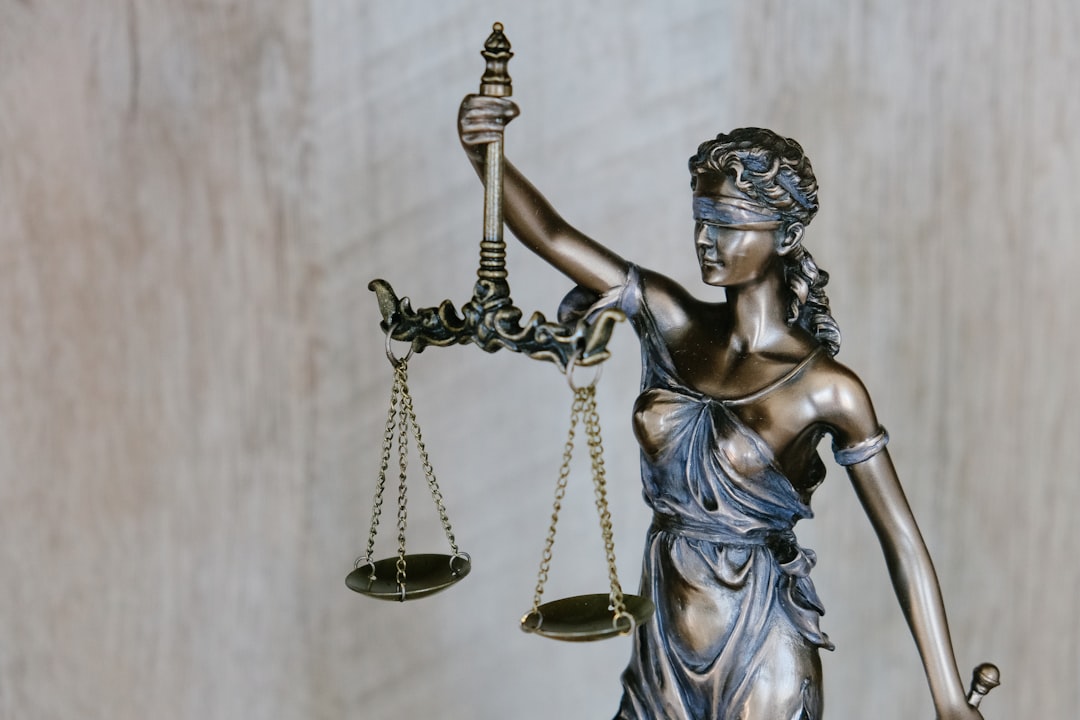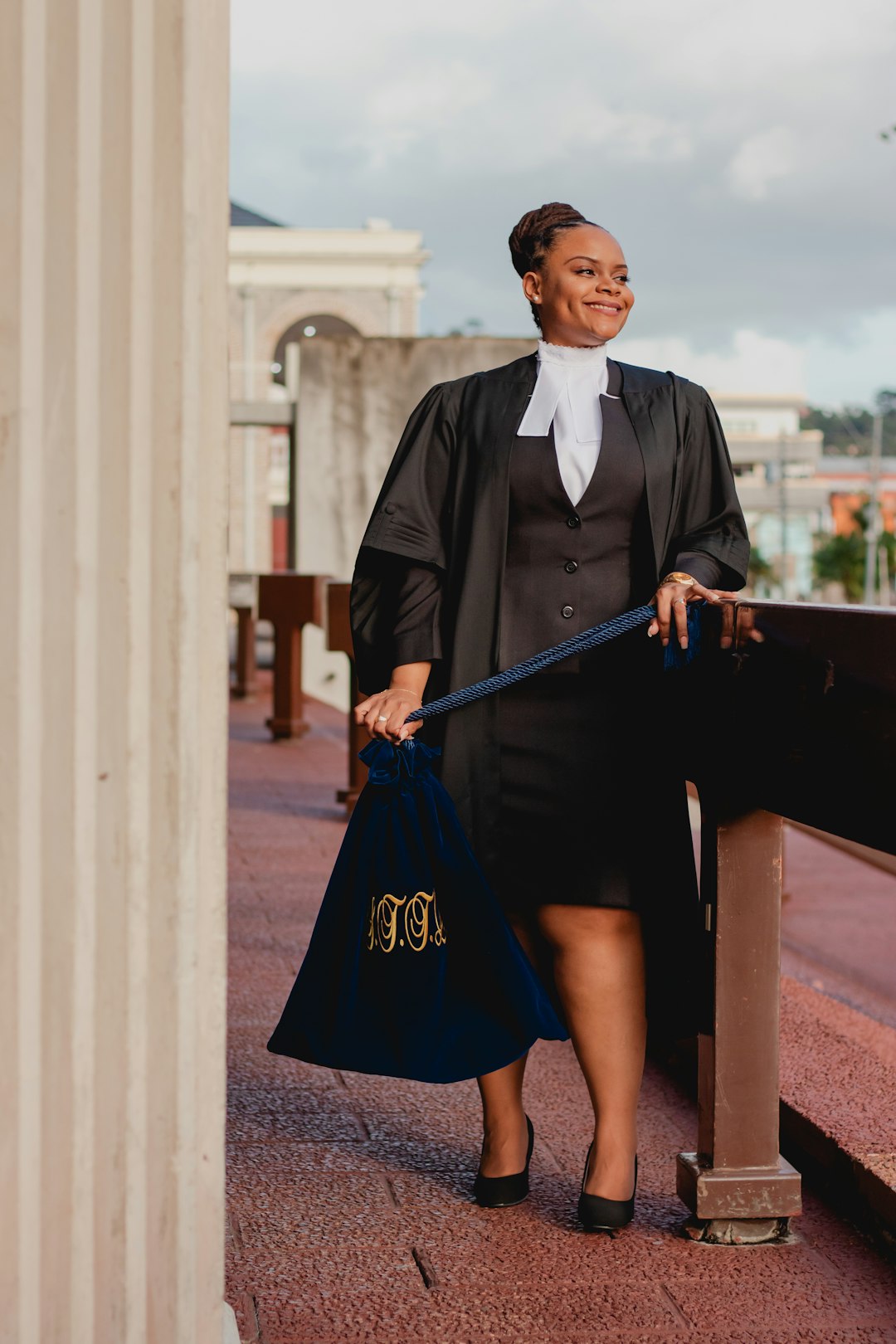In Rhode Island, bystander training is a key strategy in combating sexual abuse, empowering individuals to recognize and intervene in potentially harmful situations. Local sexual abuse law firms emphasize this approach, educating people about power imbalances and consent, thereby supporting victims and holding perpetrators accountable under existing laws. Through workshops, seminars, and public awareness campaigns, communities foster a culture of safety, disrupting the cycle of abuse and providing crucial assistance to survivors. These training programs strengthen legal cases, reduce emotional burdens on witnesses, and increase successful prosecutions, making Rhode Island's legal community a model for effective prevention strategies. Real-world successes demonstrate bystander training's effectiveness in creating safer communities, particularly when tailored to diverse populations using sensitive materials and survivor testimonials from local sexual abuse law firms.
In Rhode Island, bystander training is emerging as a powerful tool in the fight against sexual abuse. This comprehensive guide explores the profound impact of bystander intervention, its integral role in legal defense strategies for sexual abuse victims, and real-world success stories from the state’s legal community. We also address challenges and solutions to ensure effective training, emphasizing the critical role of public awareness and empowerment in preventing sexual abuse. By understanding these dynamics, Rhode Island’s legal landscape can continue to evolve, providing stronger support for survivors and deterring perpetrators through robust bystander training initiatives.
Understanding the Impact of Bystander Intervention in Rhode Island

In Rhode Island, bystander training plays a pivotal role in preventing sexual abuse and fostering safer communities. This proactive approach empowers individuals to recognize and intervene in potentially harmful situations, thereby reducing the incidence of sexual violence. By understanding the dynamics of power imbalances and consent, bystanders can become agents of change, supporting victims and holding perpetrators accountable under existing sexual abuse laws in Rhode Island.
Effective bystander intervention can disrupt the cycle of abuse and provide crucial support to survivors. Sexual abuse law firms in Rhode Island often emphasize the importance of community education and training as a first line of defense against sexual violence. Through workshops, seminars, and public awareness campaigns, individuals learn to identify red flags, offer assistance, and report incidents, ultimately contributing to a safer and more supportive environment for all.
The Role of Bystander Training in Legal Defense Strategies

Bystander training plays a pivotal role in legal defense strategies for sexual abuse cases in Rhode Island. By empowering individuals with the knowledge and skills to recognize and respond appropriately to potential instances of sexual misconduct, these programs can significantly strengthen the case against perpetrators. When a bystander intervenes or reports such an incident, it not only helps in preventing further harm but also provides crucial evidence and witness accounts that can be instrumental in legal proceedings.
Sexual abuse law firms in Rhode Island often emphasize the importance of bystander training as part of their comprehensive approach to dealing with these sensitive cases. This proactive measure ensures that witnesses feel equipped to handle such situations, reducing the emotional burden while increasing the likelihood of successful prosecution. Moreover, it fosters a culture where everyone takes responsibility for creating safer communities, ultimately contributing to more effective prevention and legal strategies against sexual abuse.
Real-World Examples: Success Stories from Rhode Island's Legal Community

In recent years, Rhode Island’s legal community has witnessed remarkable examples of bystander training in action, leading to significant prevention of sexual abuse cases. These success stories highlight the power of empowering individuals with the skills to intervene and support survivors. For instance, a prominent sexual abuse law firm in Providence successfully prevented an alleged attack through swift intervention by a bystander who recognized the warning signs and alerted authorities. This proactive approach not only halted potential harm but also inspired other community members to take initiative.
Another compelling case involves a group of legal professionals who organized workshops in local schools, teaching students and faculty how to recognize and report suspicious behavior. As a result, several incidents of inappropriate conduct were reported, allowing for timely investigations and legal proceedings against perpetrators. These real-world applications demonstrate that bystander training is an effective strategy, capable of creating a safer environment in Rhode Island communities, particularly within the legal sector where awareness and prompt action can make a profound difference in preventing sexual abuse.
Overcoming Barriers: Challenges and Solutions for Effective Training

Overcoming barriers to bystander training is crucial in the fight against sexual abuse in Rhode Island. One significant challenge is reaching and engaging diverse communities, especially those with limited access to resources or who face cultural barriers. To address this, tailored training sessions can be organized for specific groups, incorporating culturally sensitive materials and facilitators from within these communities. This ensures relevance and encourages active participation.
Another obstacle is the sensitivity of the topic, which may deter some individuals from attending. Creating safe, supportive environments during training sessions, with strict confidentiality policies, can help alleviate fears. Moreover, involving survivors’ advocates or those who have overcome similar experiences as speakers can offer powerful testimonials, making the session more relatable and impactful while also ensuring a professional facilitative approach by sexual abuse law firms in Rhode Island.




